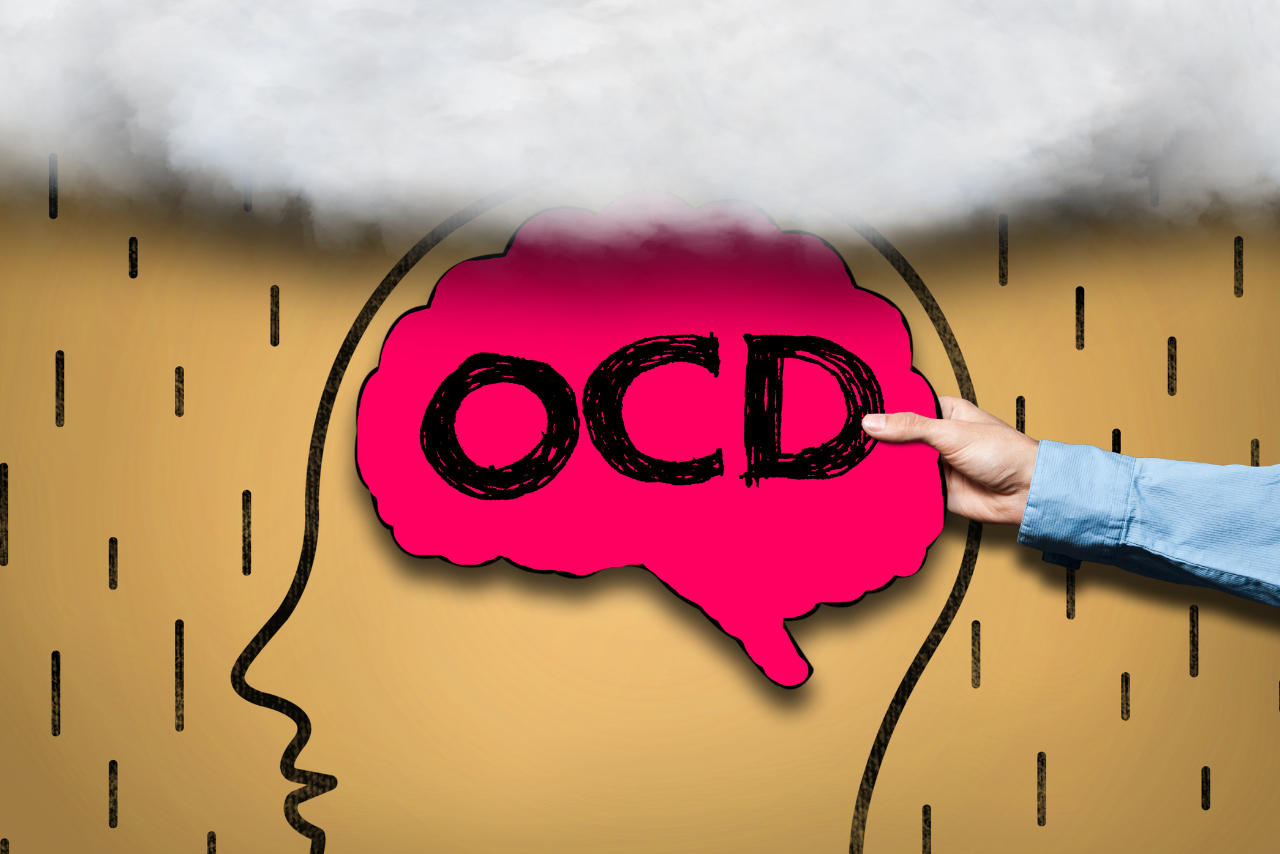
Obsessive-compulsive disorder (OCD) is often misunderstood, leading to many questions about its causes, seriousness, and treatment options. One of the most common questions is, “Is OCD genetic?” While the exact cause remains unclear, research suggests that genetics can influence a person’s risk of developing OCD.
In this blog, we’ll explore the genetic and environmental factors behind OCD, how it manifests, and the most effective treatments available for those living with this condition.
If you or a loved one are struggling with obsessive-compulsive disorder, don’t wait any longer to get the support you deserve. Call us today or schedule a free assessment to take the first step towards healing!
What Is OCD?
OCD, or obsessive-compulsive disorder, is a complex mental health condition characterized by persistent obsessions, compulsions, or both. These symptoms can cause significant distress and interfere with daily life.
Obsessions
The fifth edition of the Diagnostic and Statistical Manual of Mental Disorders (DSM-5) describes obsessions as “recurrent and persistent thoughts, urges, or images” that are intrusive, unwanted, and sources of anxiety and distress.
Examples of OCD-related obsessions include:
- Intense fear of becoming contaminated
- Worry that you may suddenly harm yourself or someone else
- Upsetting thoughts of an inappropriately sexual or blasphemous nature
- Need for items to be organized in a particular manner
- Fear that you forgot to lock a door, turn off an appliance, or perform some other household safety task

Compulsions
Compulsions are repetitive behaviors or mental rituals performed to reduce anxiety caused by obsessions. Common compulsions include:
- Excessive handwashing or cleaning
- Repeatedly checking locks, appliances, or other safety measures
- Organizing items in specific ways
- Mentally repeating words or phrases
- Engaging in rituals, such as touching objects in a particular sequence
While these behaviors may temporarily relieve anxiety, they often consume significant time and energy, disrupting work, school, relationships, and other areas of life.
The Impact of OCD
OCD is not just mentally taxing—it can also be extremely time-consuming. In severe cases, people with OCD may spend hours each day performing rituals or struggling with compulsive thoughts. This can have a profound negative impact in several areas of life, including work, school, and relationships.
To underscore the extreme burden that OCD can cause, a study published in 2016 found that at least 33% of people with OCD also have co-occurring major depressive disorder, and about 52% of people with OCD have had thoughts of suicide.To put these statistics into context, the past-year prevalence of major depressive disorder among adults in the U.S. is about 8.3%, while about 5.2% of American adults had serious thoughts of suicide in the previous 12 months.
Is OCD Genetic?
Research has shown that genetics can increase the likelihood of developing OCD, but it’s not the sole factor. The disorder often arises from a combination of genetic predispositions, environmental influences, and brain chemistry.
Genetic Factors
Studies indicate that OCD runs in families. People with a first-degree relative (such as a parent or sibling) who has OCD are at a higher risk of developing the condition. Twin studies also suggest a genetic link, with identical twins showing higher concordance rates for OCD than fraternal twins.
Additionally, researchers have identified specific genetic variations and mutations associated with OCD, particularly those affecting serotonin regulation and brain function.
Environmental Influences
While genetics play a role, environmental factors also contribute significantly to OCD. Examples include:
- Childhood Trauma: Physical or sexual abuse and other adverse experiences can increase OCD risk.
- Infections: Certain infections, such as PANDAS (Pediatric Autoimmune Neuropsychiatric Disorders Associated with Streptococcal Infections), have been linked to the sudden onset of OCD symptoms.
- Behavioral Inhibitions: Shy or overly cautious behavior in childhood may also increase susceptibility to OCD.
How Is OCD Treated?
OCD is treatable, but effective care requires a personalized approach that addresses each individual’s unique symptoms and needs. At Atlanta Integrative Psychiatry, we offer a range of evidence-based therapies to help you regain control of your life.
Common Treatments for OCD
- Selective Serotonin Reuptake Inhibitors (SSRIs): Medications like fluoxetine (Prozac) and sertraline (Zoloft) can reduce OCD symptoms by regulating serotonin levels in the brain.
- Cognitive Behavioral Therapy (CBT): This therapy helps patients identify and change unhelpful thought patterns.
- Exposure and Response Prevention (ERP): A type of CBT, ERP teaches individuals to face their fears and resist compulsive behaviors.
- Transcranial Magnetic Stimulation (TMS): This non-invasive therapy uses electromagnetic pulses to stimulate brain regions linked to OCD.
- Ketamine Therapy: Shown to provide rapid relief for OCD and other mental health conditions.
- Eye Movement Desensitization and Reprocessing (EMDR): Particularly helpful for OCD symptoms rooted in past trauma.
At Atlanta Integrative Psychiatry, we also incorporate holistic practices such as nutrition counseling and lifestyle education to support overall well-being.

Find OCD Treatment in Atlanta
Atlanta Integrative Psychiatry in Atlanta, Georgia offers customized outpatient programming for adults with OCD and other mental health disorders. Our team of compassionate, experienced professionals takes a personalized approach, providing the support and care each individual needs to thrive.
Through our integrative approach, we help patients achieve true healing in mind, body, and spirit. In addition to therapy and medication, our team offers nutrition counseling and education to help you make essential lifestyle changes, promoting overall well-being.
To learn more about how we can help you or a loved one, or to schedule a free consultation, please visit our appointment page or call us today.
Frequently Asked Questions (FAQs) about OCD
How early can OCD symptoms appear?
OCD often begins in childhood or adolescence, but it can also develop in adulthood. Early signs can include repetitive behaviors like handwashing or checking things repeatedly, or intrusive thoughts that cause anxiety. Early intervention can improve the effectiveness of treatment.
Is OCD the same as being a perfectionist?
While there are similarities between OCD and perfectionism, they are not the same. Perfectionism involves setting high standards and striving for flawlessness, while OCD is driven by intrusive thoughts and compulsive behaviors to alleviate anxiety. OCD can lead to extreme time-consuming rituals that interfere with daily life, unlike typical perfectionism.
How does OCD affect daily life?
OCD can severely impact a person’s daily life by consuming significant time and energy. Rituals and compulsions can interfere with work, school, and relationships. The anxiety caused by obsessive thoughts may also prevent individuals from functioning in normal daily activities, which is why early treatment is crucial.





